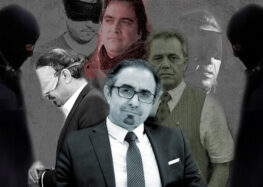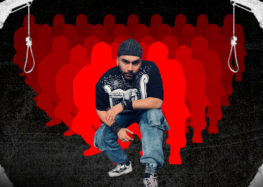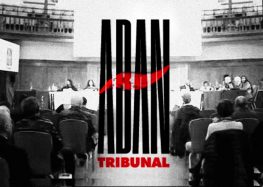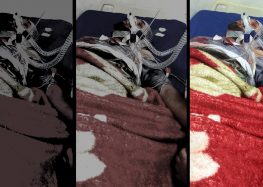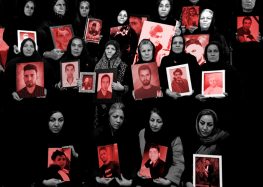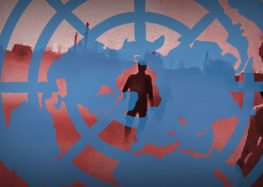“He Was Hit in the Back by a Bullet,” Says Relative of Slain Protester from War Veteran Family
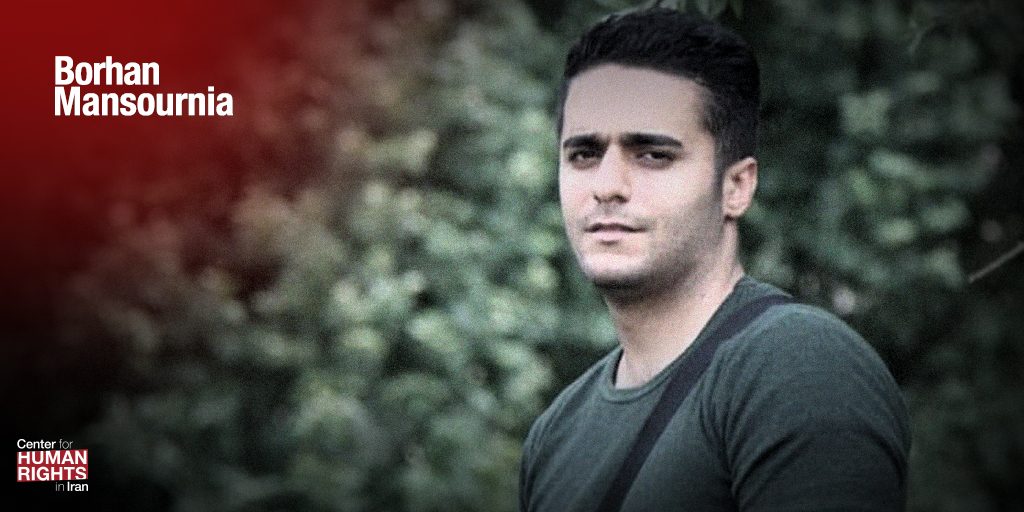 The family of Borhan Mansournia, who was shot by a bullet in the city of Kermanshah on November 16, 2019, are filing a lawsuit to find and punish the killer, a relative told the Center for Human Rights in Iran (CHRI).
The family of Borhan Mansournia, who was shot by a bullet in the city of Kermanshah on November 16, 2019, are filing a lawsuit to find and punish the killer, a relative told the Center for Human Rights in Iran (CHRI).
The bullet struck the 28-year-old veterinarian in the back, pierced his stomach and exited the front of his body. He died in a hospital 48 hours later, according to the relative who requested anonymity for security reasons. But his death certificate stated that he died from internal bleeding without any mention of being hit by a bullet.
Following is a transcript of Mansournia’s relative’s statements to CHRI.
Borhan graduated from veterinarian college in November of last year and after defending his thesis in March, he signed up for compulsory military service. He completed his military training in Arak, [Markazi Province], and then he was assigned to the police force in Kermanshah.
On November 16, at about 4 p.m., Borhan left his brother’s home in Kermanshah’s Dowlatabad neighborhood and said he was going to go to his friend’s barber shop. But instead he joined the protesters.
As the crowd approached a police station, they were riddled with bullets by a shooter on the roof of the police station. Five people were killed instantly.
Borhan was in front of the station but far away from the crowd. When the shooting began, the crowd ran in Borhan’s direction and he, too, started to run and was hit in the back by a bullet. One of the people took him to his home and used his phone to inform his family that he had been shot.
The family took Borhan to the Farabi Hospital but officials there refused to admit him. Then he was taken to Taleghani Hospital.
Borhan was in the operating room from 8 p.m. until 2:30 a.m. The bullet had struck his stomach and damaged his liver, intestines and kidneys. After the operation, instead of being taken to the intensive care unit, he was in the hospital’s hallway for eight hours along with 17 other people who had also been shot.
When a bed became available, he was transferred to intensive care but at 3 p.m. on Monday, November 18, his condition started to deteriorate, and he gradually slipped into a comma and passed away at 9 p.m.
The family was told to come the next day to take his body. But by that time all the relatives and acquaintances had heard the news and a large crowd from Marivan and other Kurdish cities gathered in front of the hospital. When the police and security agents saw the crowd, they handed over the body.
The family had to pay 5.6 million tomans ($1,328 USD) to cover the hospital bill because the police said they would not give a letter for insurance coverage for those who had been shot.
Borhan’s parents also had to sign a pledge saying that they would not give interviews or talk to anyone about how their son had been shot.
The family took delivery of the body at 9 p.m. on November 19 and arrived in Marivan at 1:30 a.m.…
Borhan’s father had retired from the Foundation of Martyrs and Veterans Affairs (FMVA) 10 years ago and still has good relations with the personnel who told him that if he did not bury his son that same night, his body would be confiscated. They said that out of sympathy, not as a threat.
The family washed Borhan’s body that same night and buried him in a blood-stained shroud. The bleeding had not stopped. A doctor and a religious authority were called to ask if he could be buried in that condition. Blood was coming out of his stomach and his back. Eventually he was buried in a blood-stained shroud.
The death certificate says nothing about him being struck by a bullet. The family hired a lawyer and went to a police station in Kermanshah to put together a case and began the process of filing a judicial complaint.
When the family held a memorial service for Borhan at a mosque in Marivan, his father was contacted by security agents and summoned to the Intelligence Ministry’s office. But the father resisted and said, ‘If anyone wants to talk to me, he has to come to the mosque and face me among the people.’ The security agents called two or three more times but Borhan’s father refused to go.
Several days later Borhan’s father got a call from the Islamic Revolutionary Guard Corps’ (IRGC) intelligence organization. They didn’t make any threats. They said he should come to the office to declare Borhan a martyr and receive blood money. Of course, he had gotten the same offer several times, especially since he was a former FMVA employee… The offers are extremely disgraceful and Borhan’s family would never take money for his blood…
The office of the local Friday prayer leader, the governor of Marivan, the heads of the IRGC and the FMVA in the city as well as the regional member of Parliament all requested to come to their home to offer condolences, but the family vehemently refused.
According to Amnesty International, at least 304 people were killed in Iran between November 15-18, 2019, after protests in response to a sudden gasoline price hike erupted in dozens of cities throughout the country. Thousands were also injured and arrested, including children as young as 15.
Read this article in Persian.

